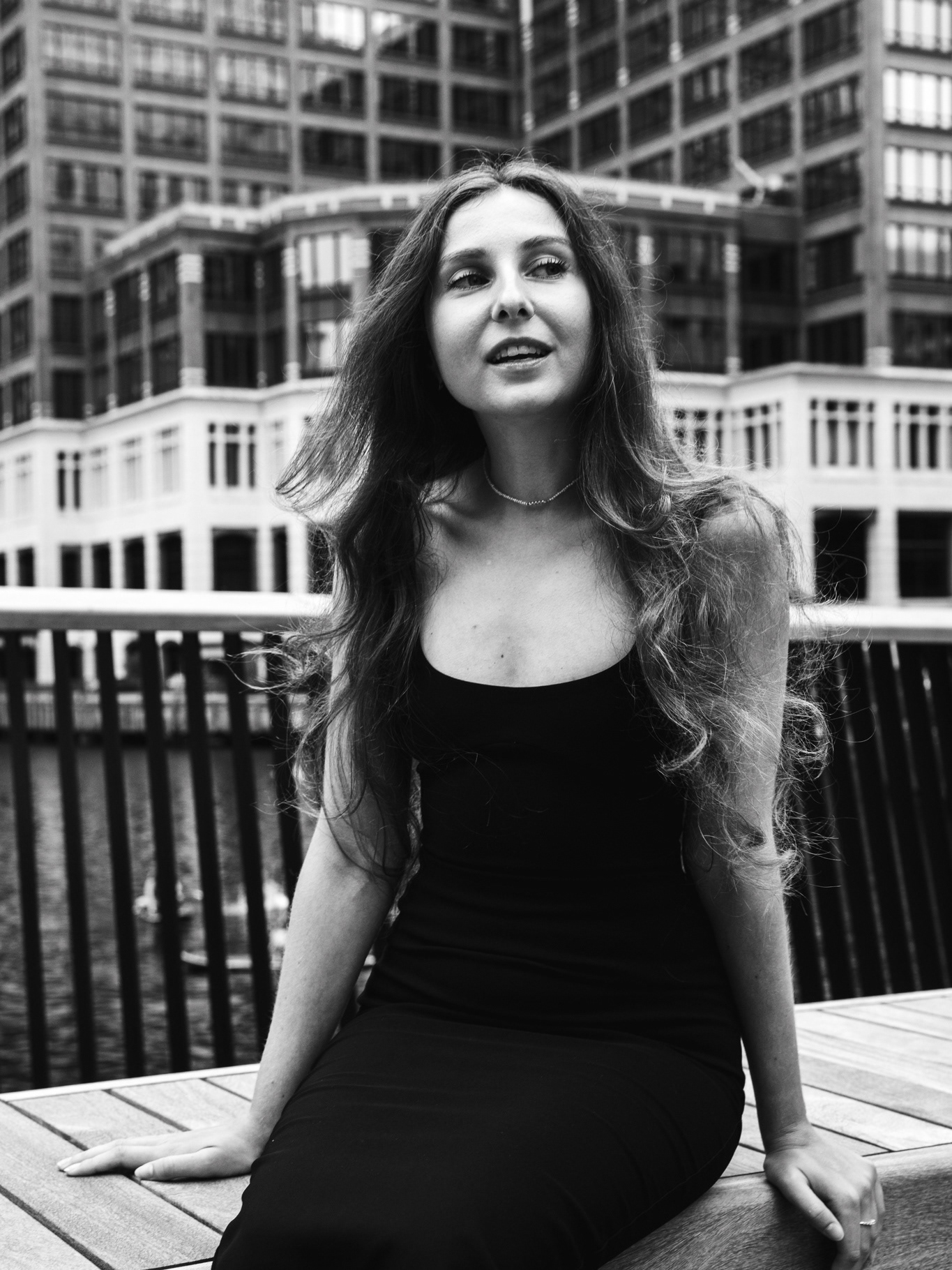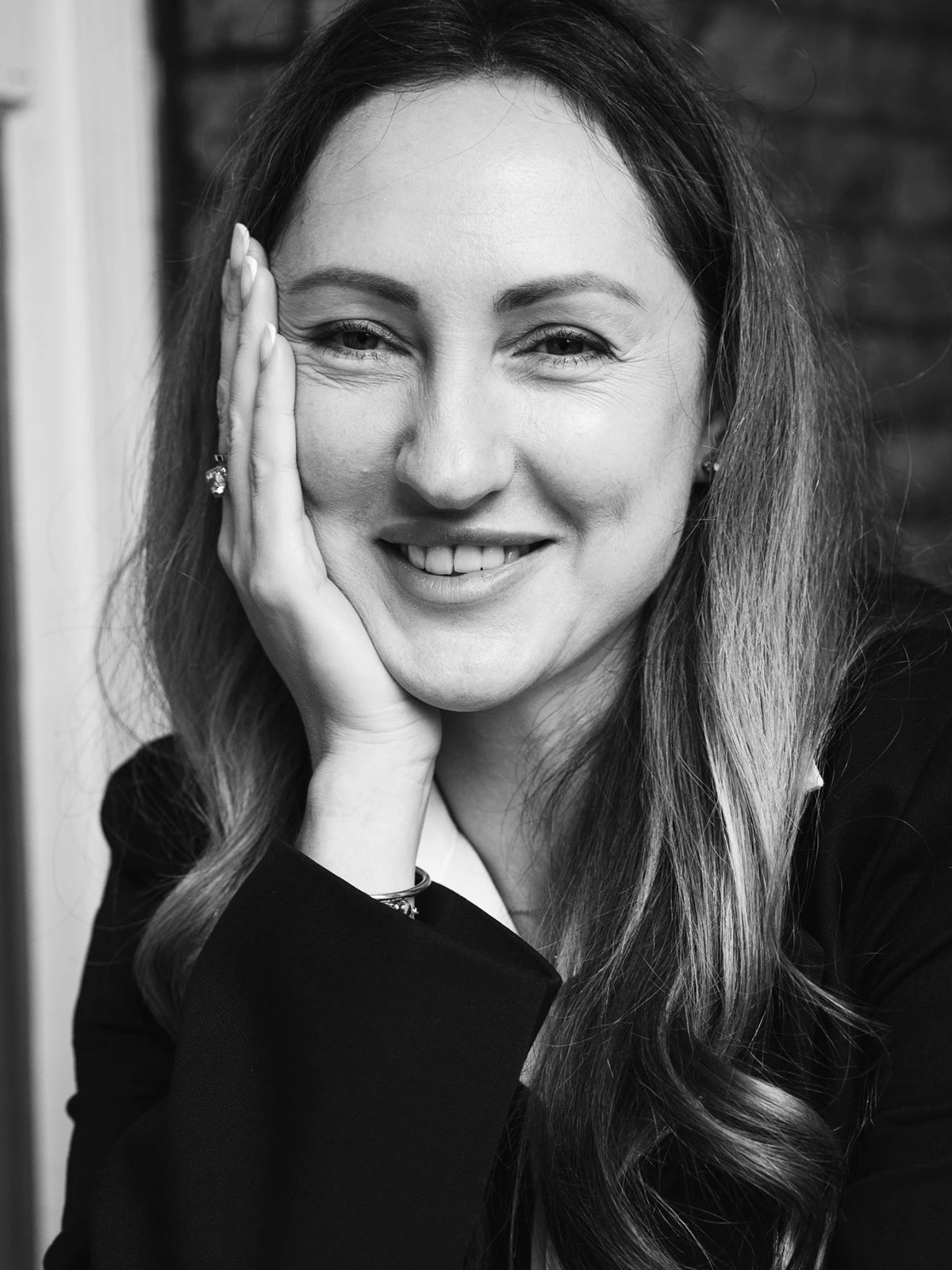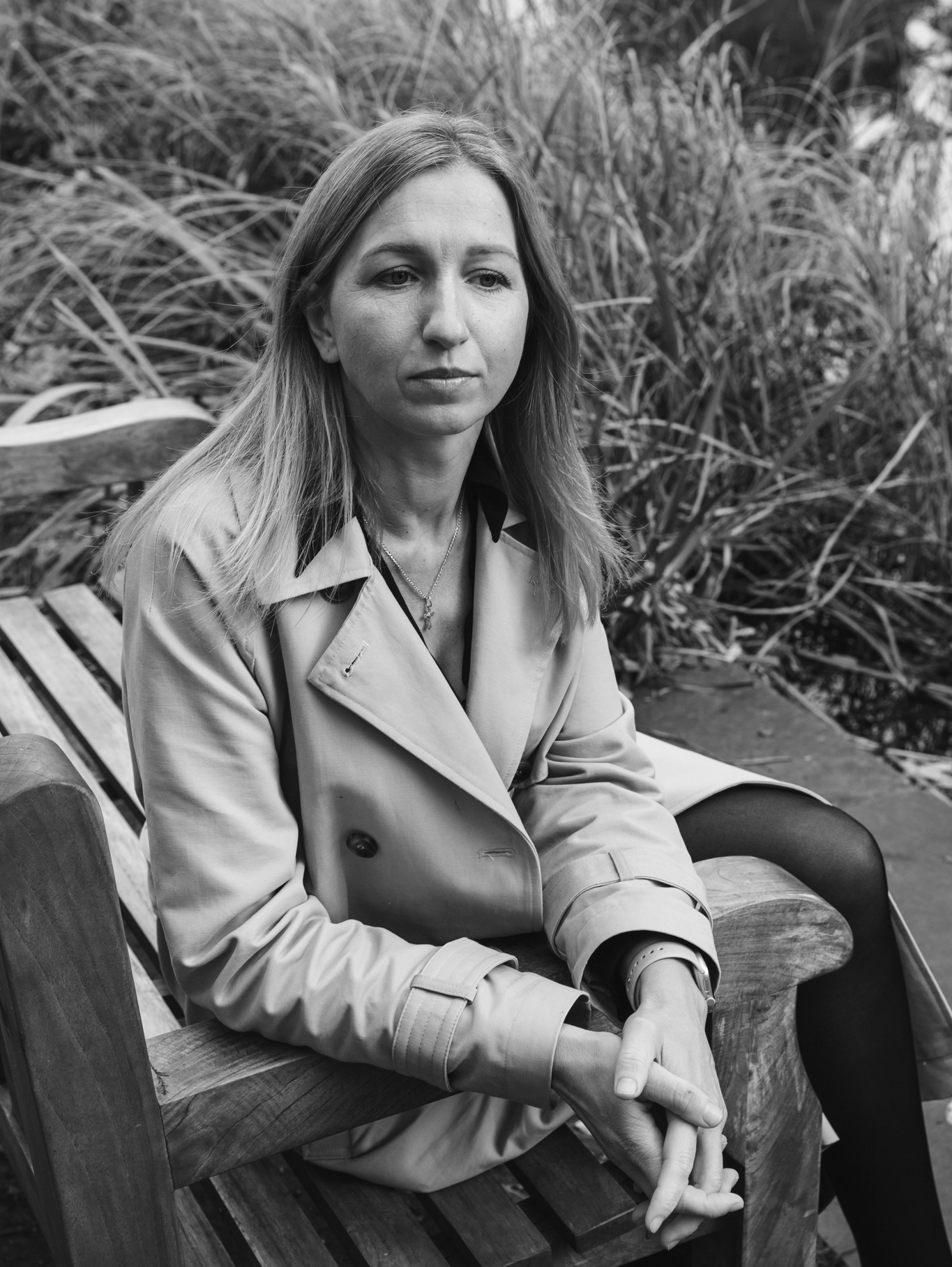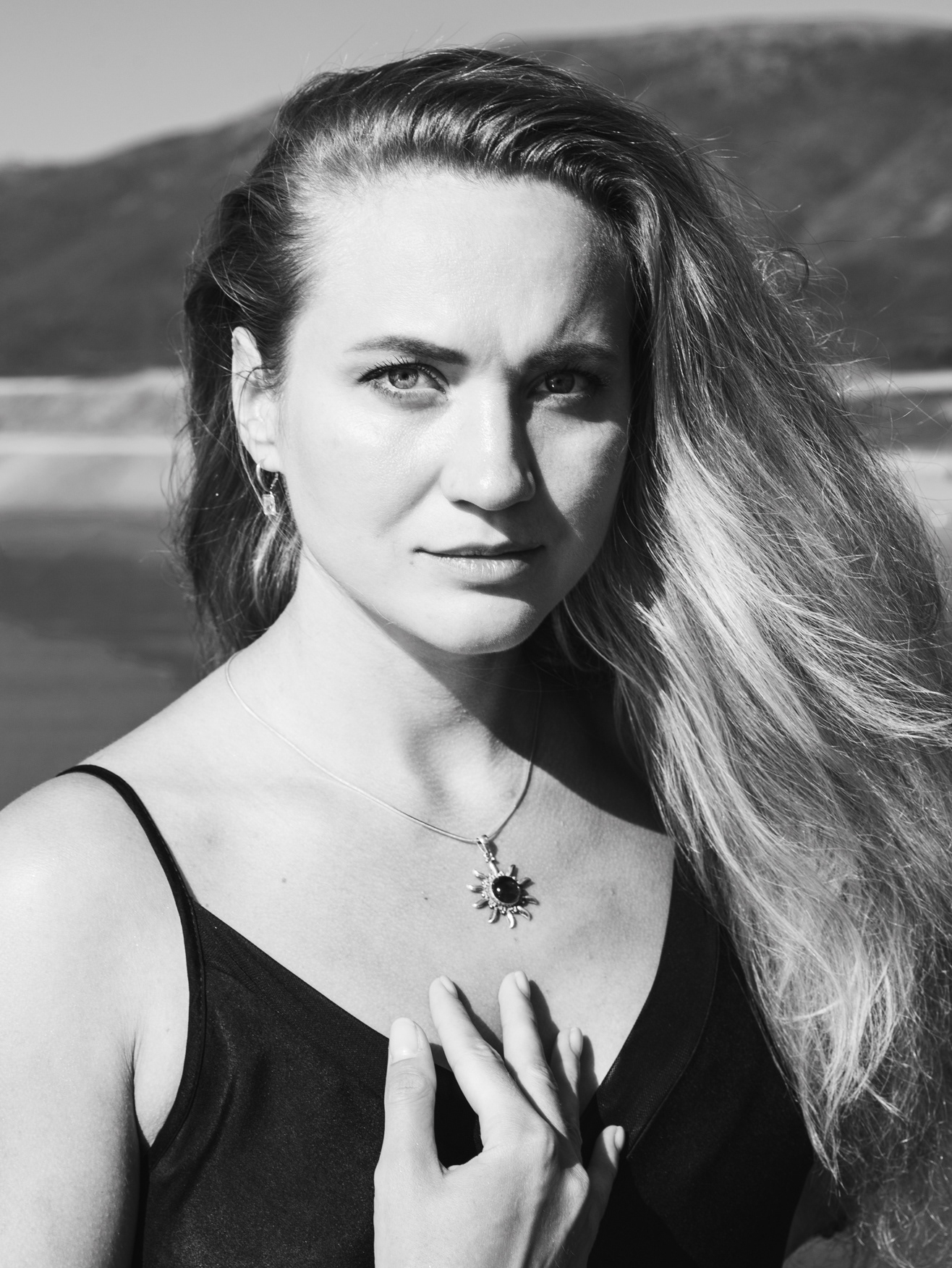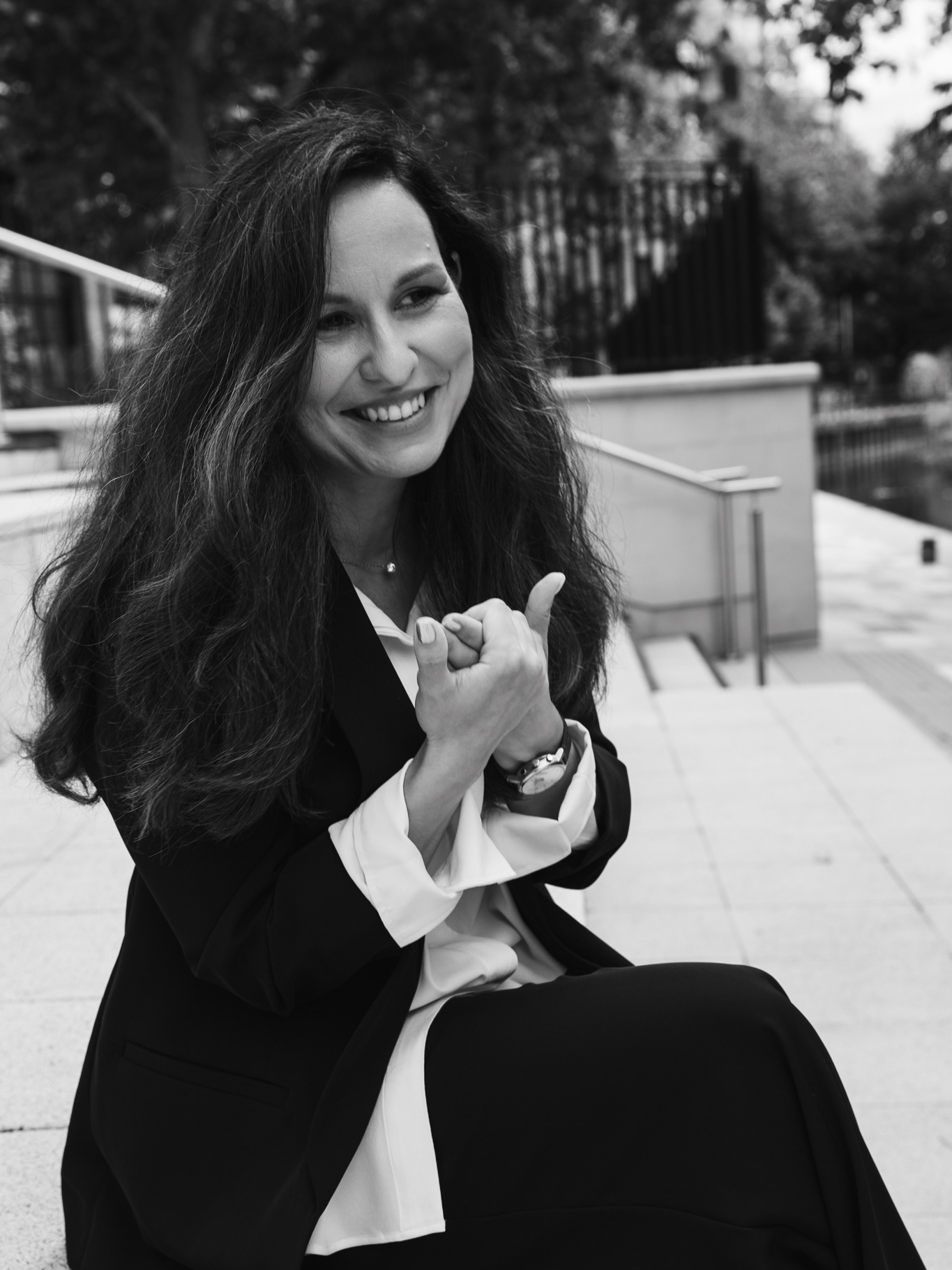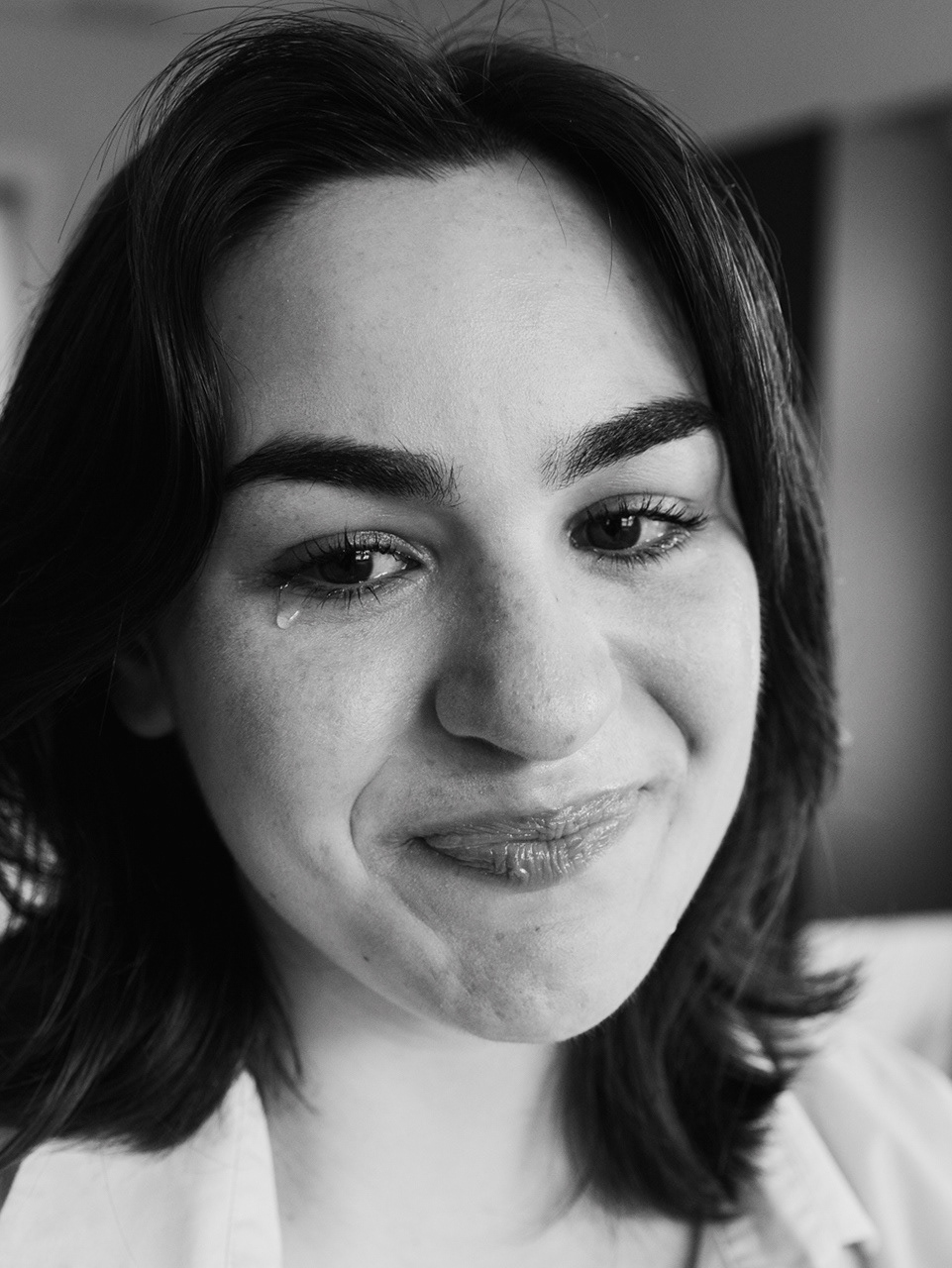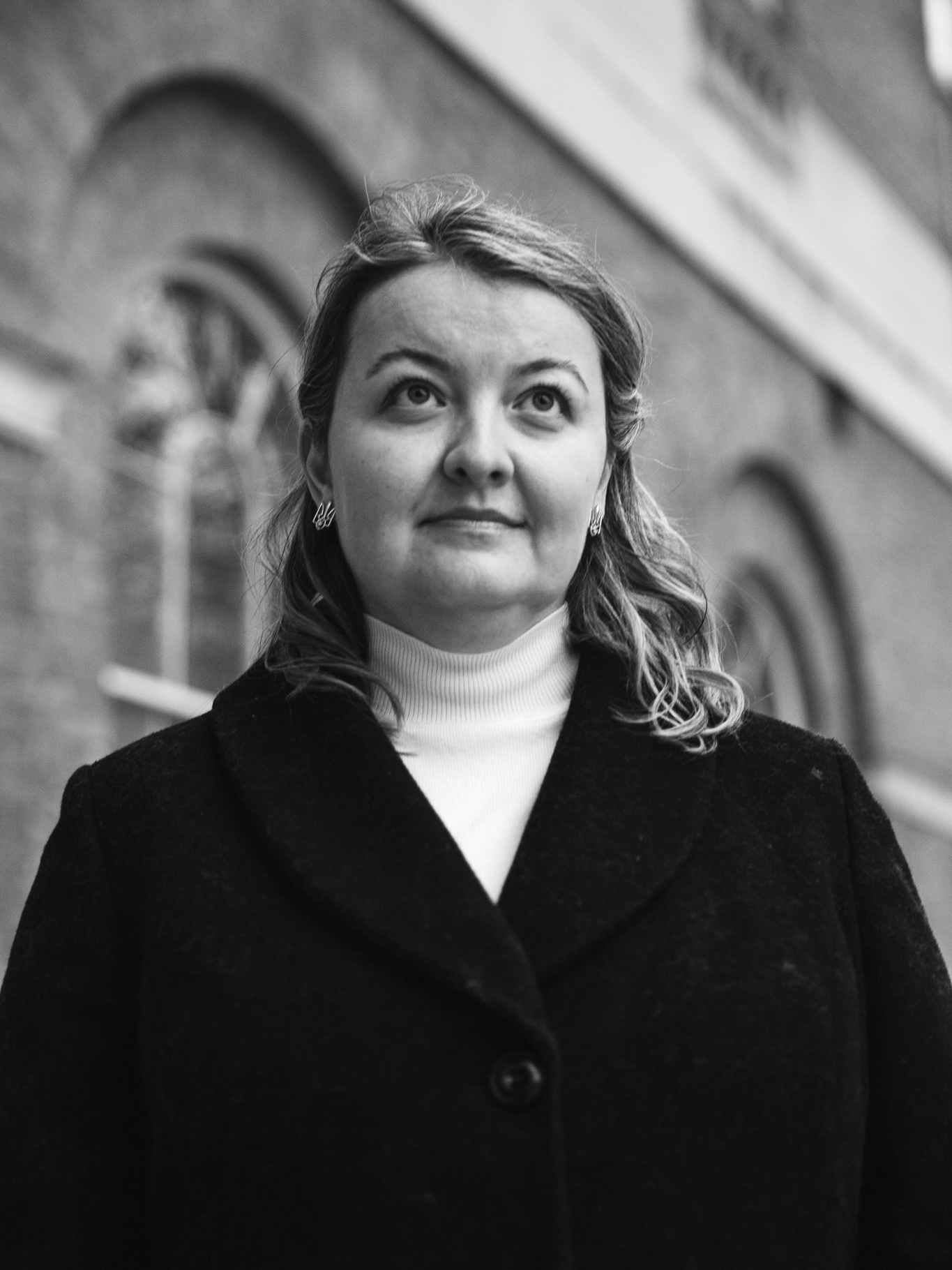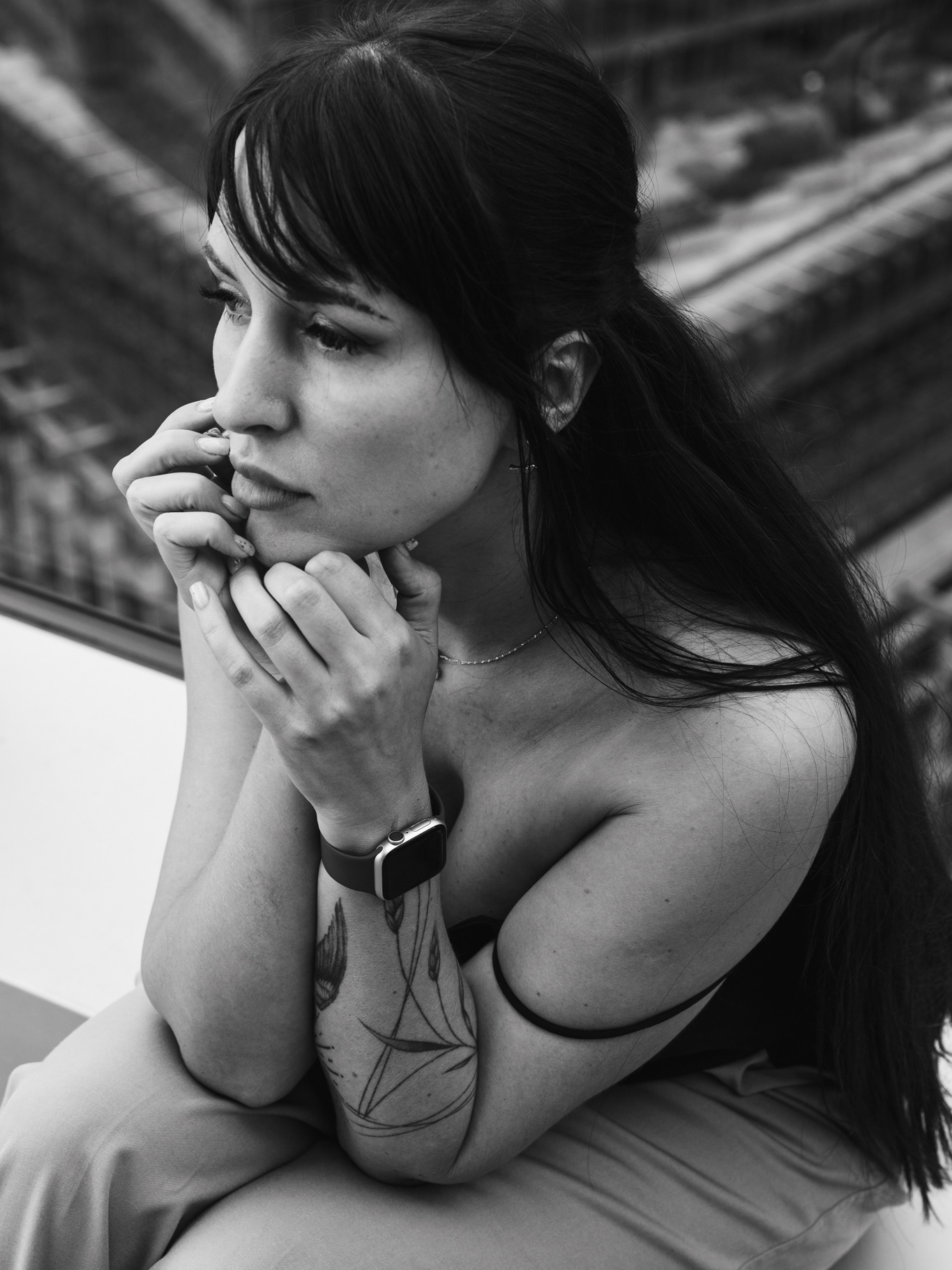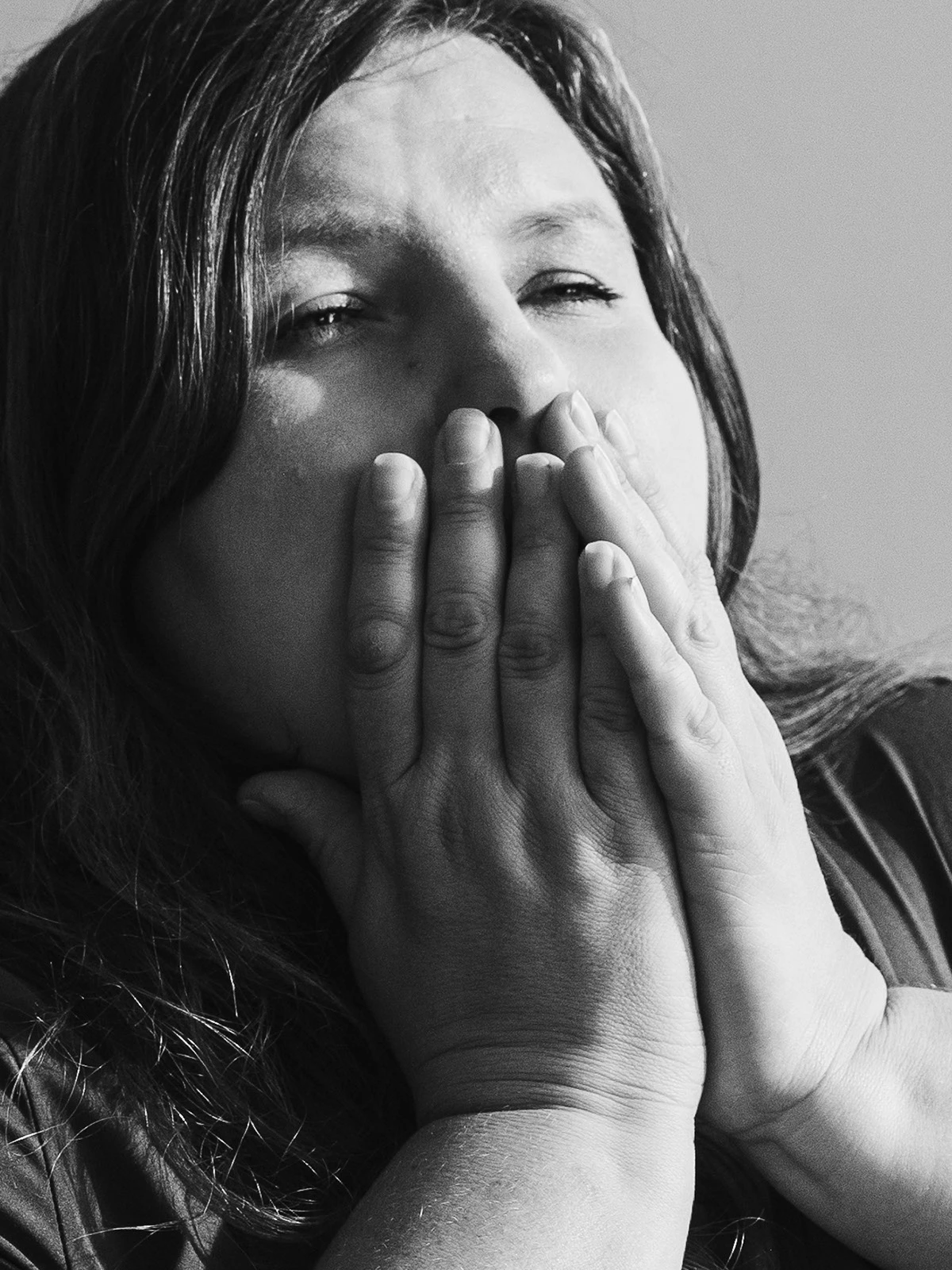The Architecture of Resilience
There are moments that shatter a life into fragments. For Vita Shafinska, a blogger with over half a million Instagram followers (miamayka) and a successful Kyiv entrepreneur – founder of the marketing agency StarCreative – that moment arrived at five in the morning on the 24th of February 2022. But her story is not about how a life was broken. It is about how, from its fragments, one can build something entirely new, stronger than before. This is a story of immense internal work, of a daily struggle with anxiety, and of a strength born not in spite of pain, but because of it.
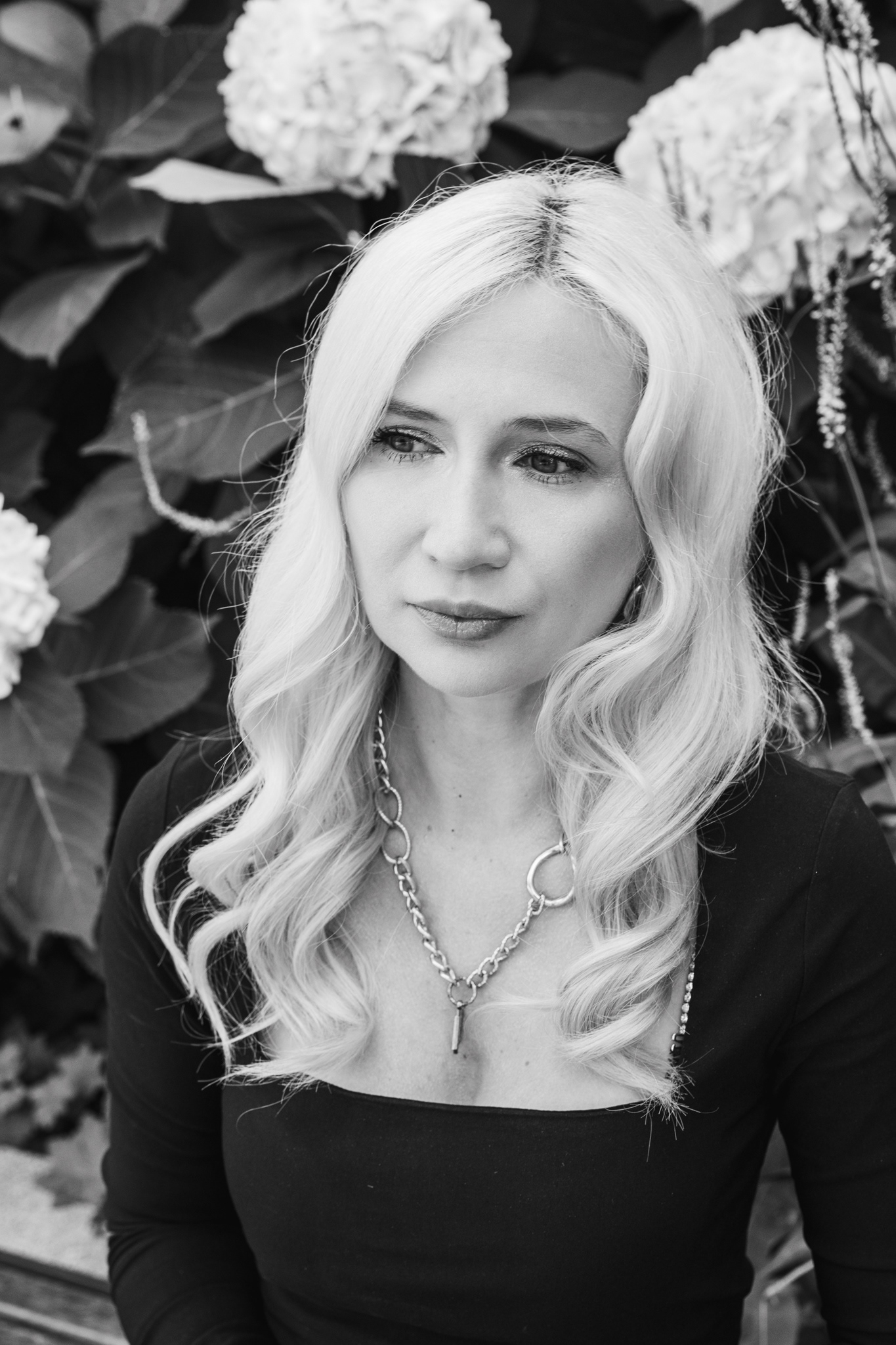
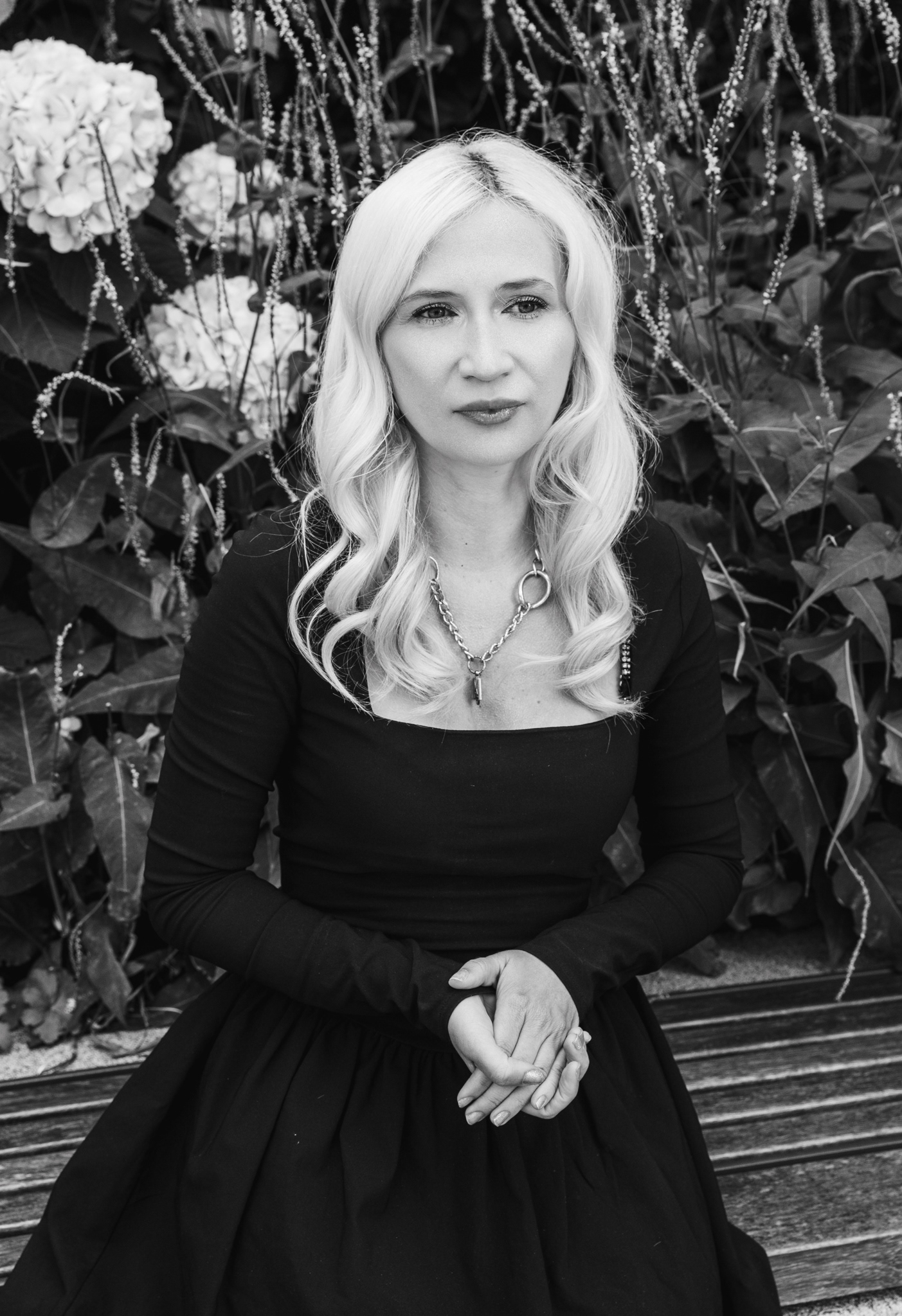
The Fracture
Even before the first explosions, tension was palpable in the air. It was not just anxiety from the news, but a deep, intuitive premonition of impending catastrophe.
“In truth, I felt the war was coming beforehand,” recalls Vita. Her voice is steady, but her words carry the weight of those days. “Politicians were constantly speaking, Biden was saying... I had this foreboding. I went to my mum's, because I felt something might happen. I even packed a small suitcase.”
Yet, no amount of preparation could soften the blow of reality. When the news confirmed the worst fears, the first reaction was not fear, but shock and a profound disillusionment with her own understanding of the world. It was a collapse of faith that common sense would prevail.
“Until the very end, I didn't believe a full-scale war would start. I believed that Russians wouldn't attack us, that they would protest, that they would say they didn't want this. I was struck to the core that people, Russians, came at us with weapons in their hands... I just didn't know what to do, how I could help.”
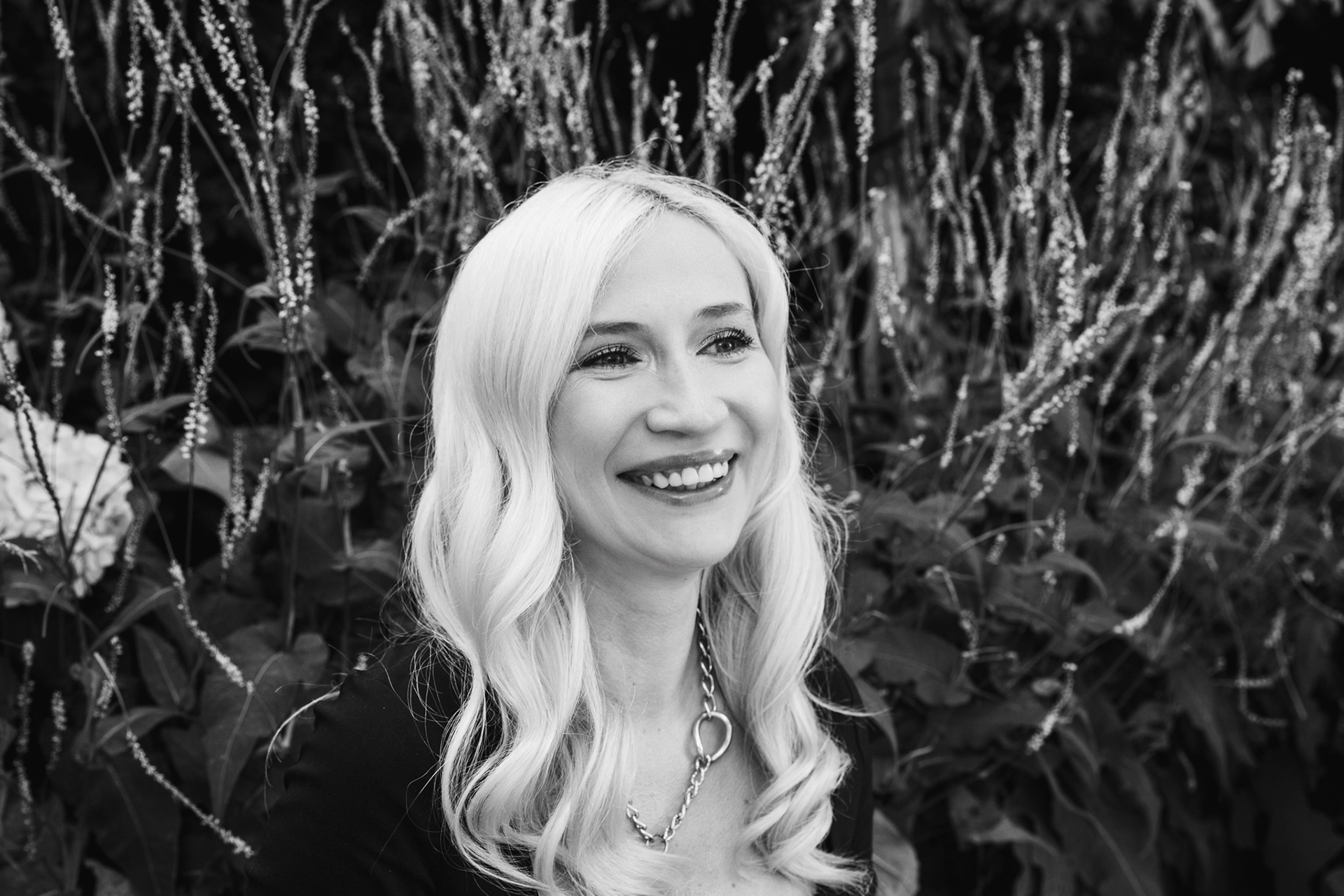
This feeling of helplessness could have been paralysing. But for Vita, it became a catalyst for action. Unable to influence events physically, she threw all her efforts onto the information front. This work became her way of fighting, her method of preserving her sanity amidst the chaos. It was not so much a rational decision as an instinctive need to be useful, to avoid drowning in the torrent of news.
“I joined the blogger community for information support. For the first few days, even the first month, I was in this community, sharing useful contacts... I was constantly living in this information field. I couldn't even sleep; I wanted to be close to the people who needed help.”
This round-the-clock immersion in the tragedy provided a sense of involvement, but at the same time, it burned her out from the inside. Exhaustion eventually set in, followed by a cold realisation: war is a marathon. To help others, she first needed to save herself. All her professional achievements, her successful agency, her large audience – all of it had turned to ash in an instant. She had to start from absolute zero.
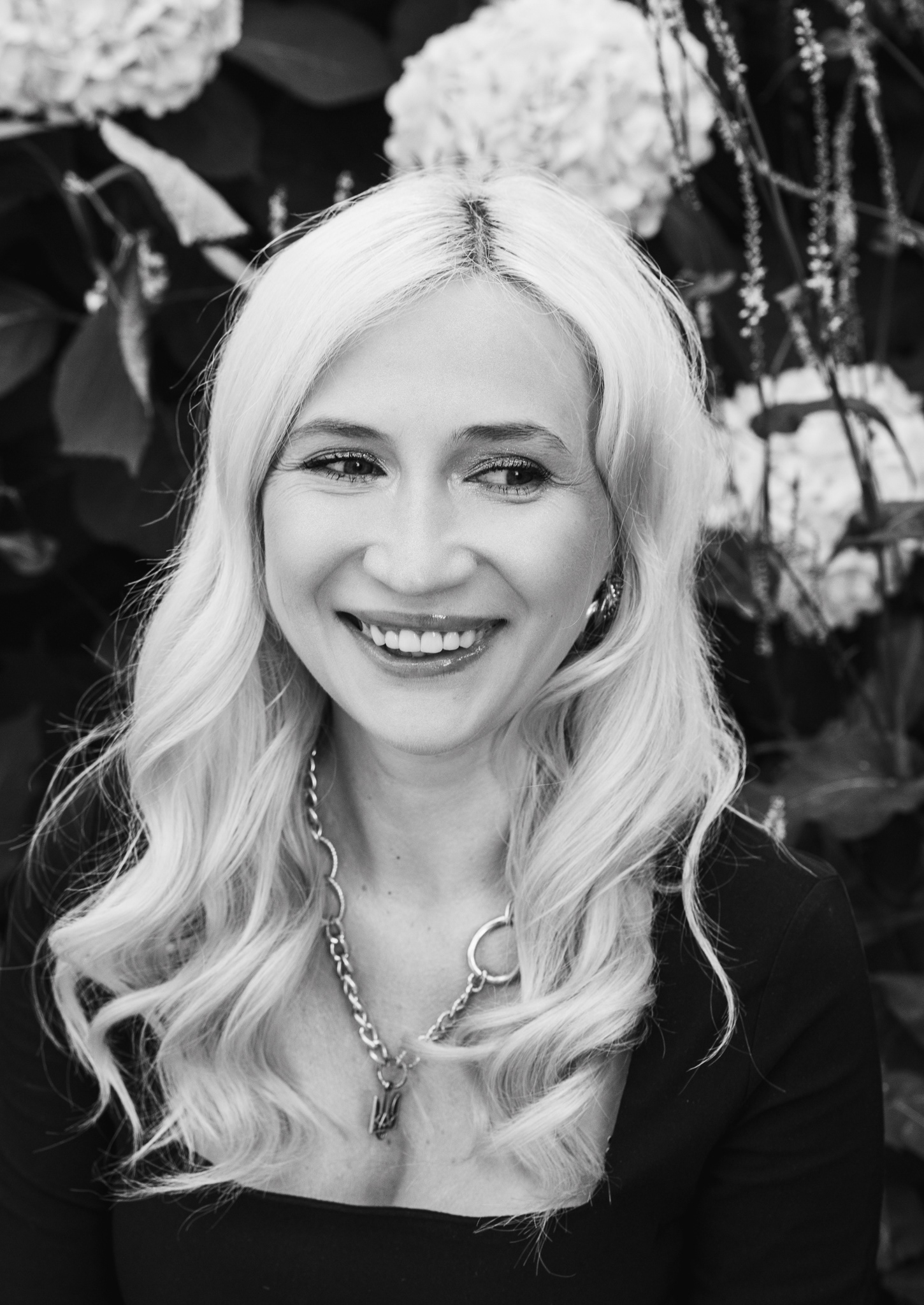
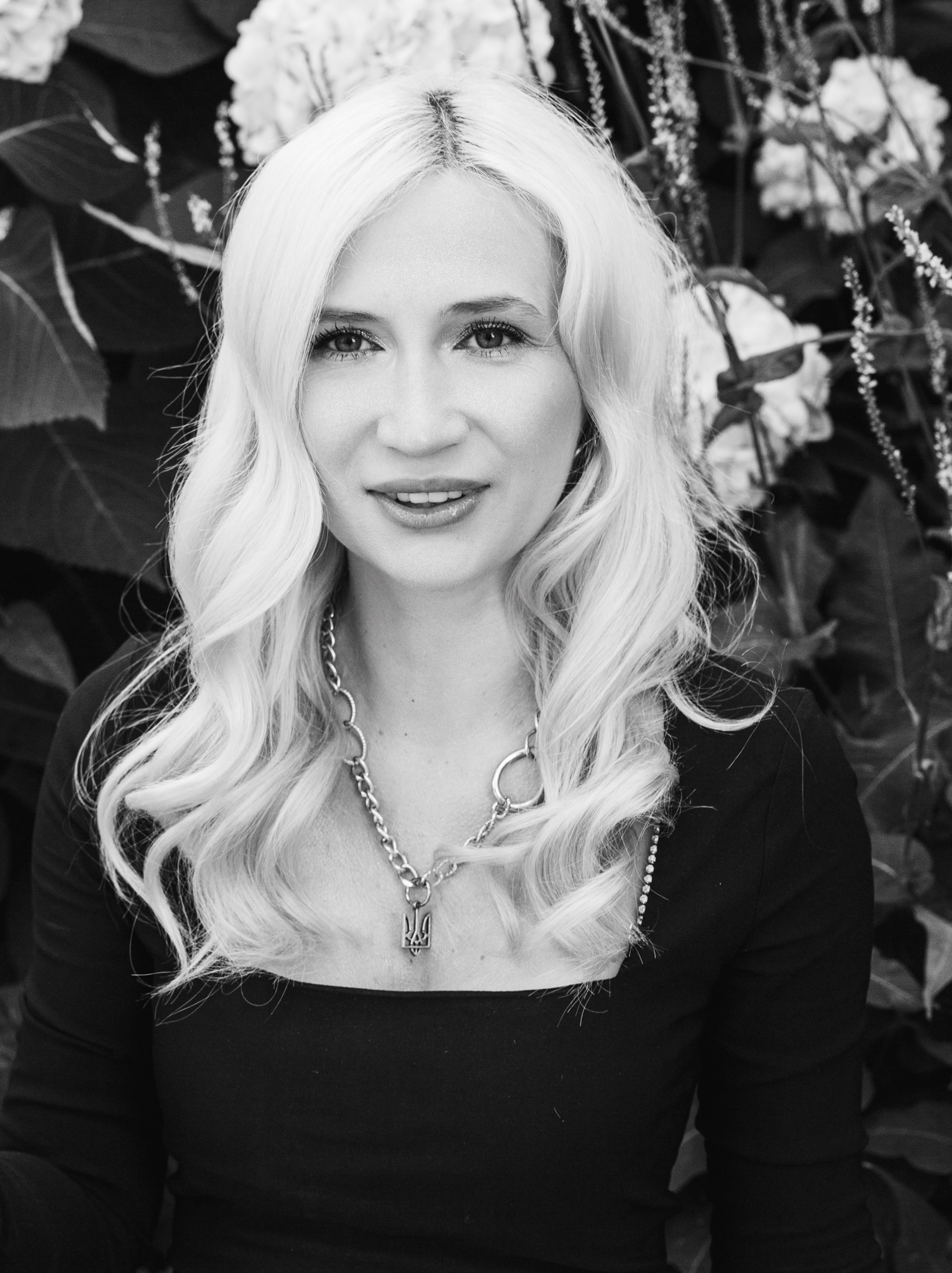
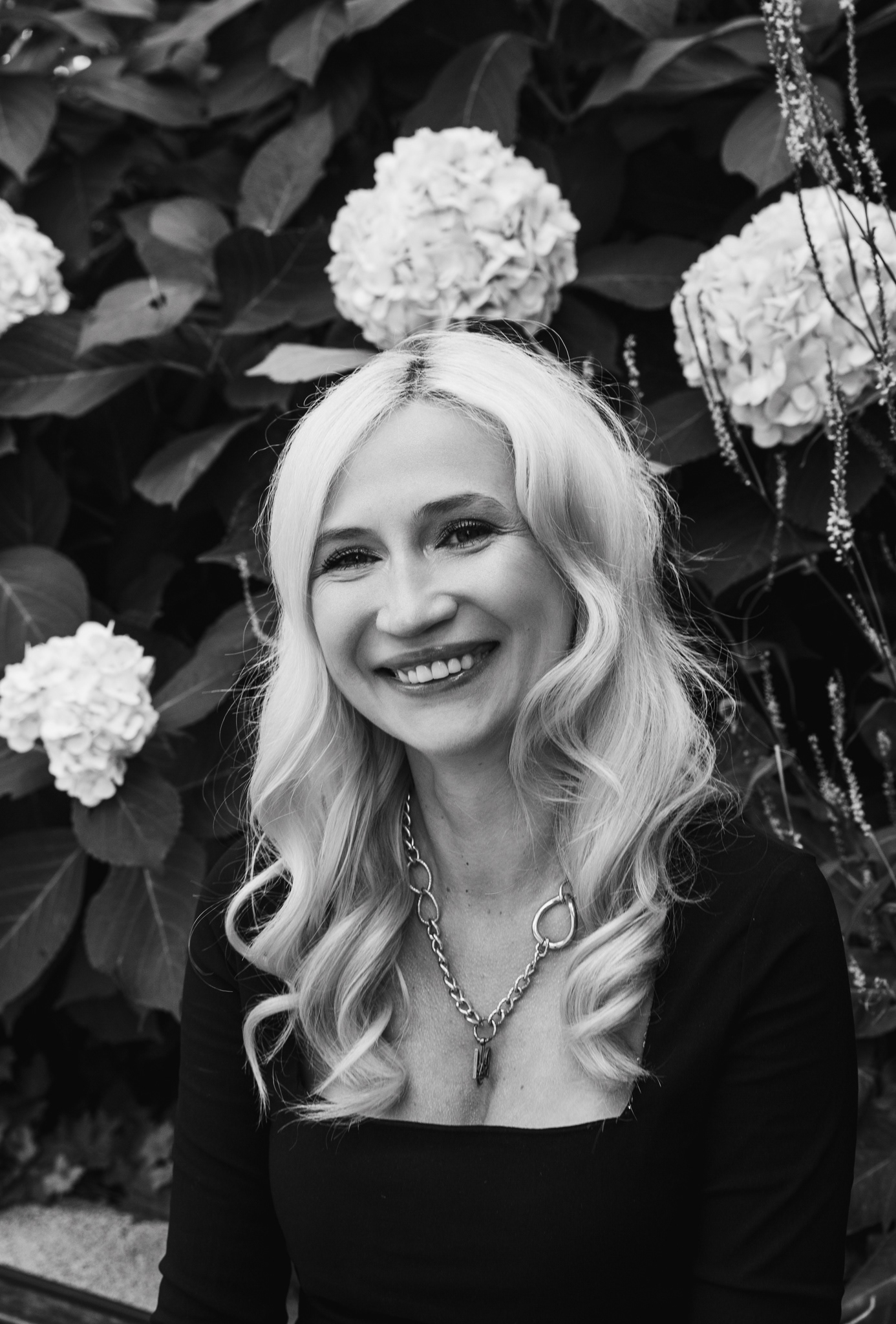
A Leap into the Unknown
The decision to move to the UK was difficult and painful. It was not a search for a better life, but a necessary step for safety and the chance to work to support her family. Arriving in a peaceful, orderly country created a surreal contrast to what was happening back home. This dissonance became one of the first emotional trials.
But amidst the foreign and unfamiliar, a detail suddenly appeared that became a psychological anchor, a slender thread that reconnected her fractured world.
“When I arrived, the first thing that struck me was how similar the nature was to Ukraine's,” warmth enters her voice. “I saw chestnut trees outside their house. I'm from Kyiv, and for me, chestnuts are a symbol of home. To see them here, outside the window, was a shock. A pleasant shock.”
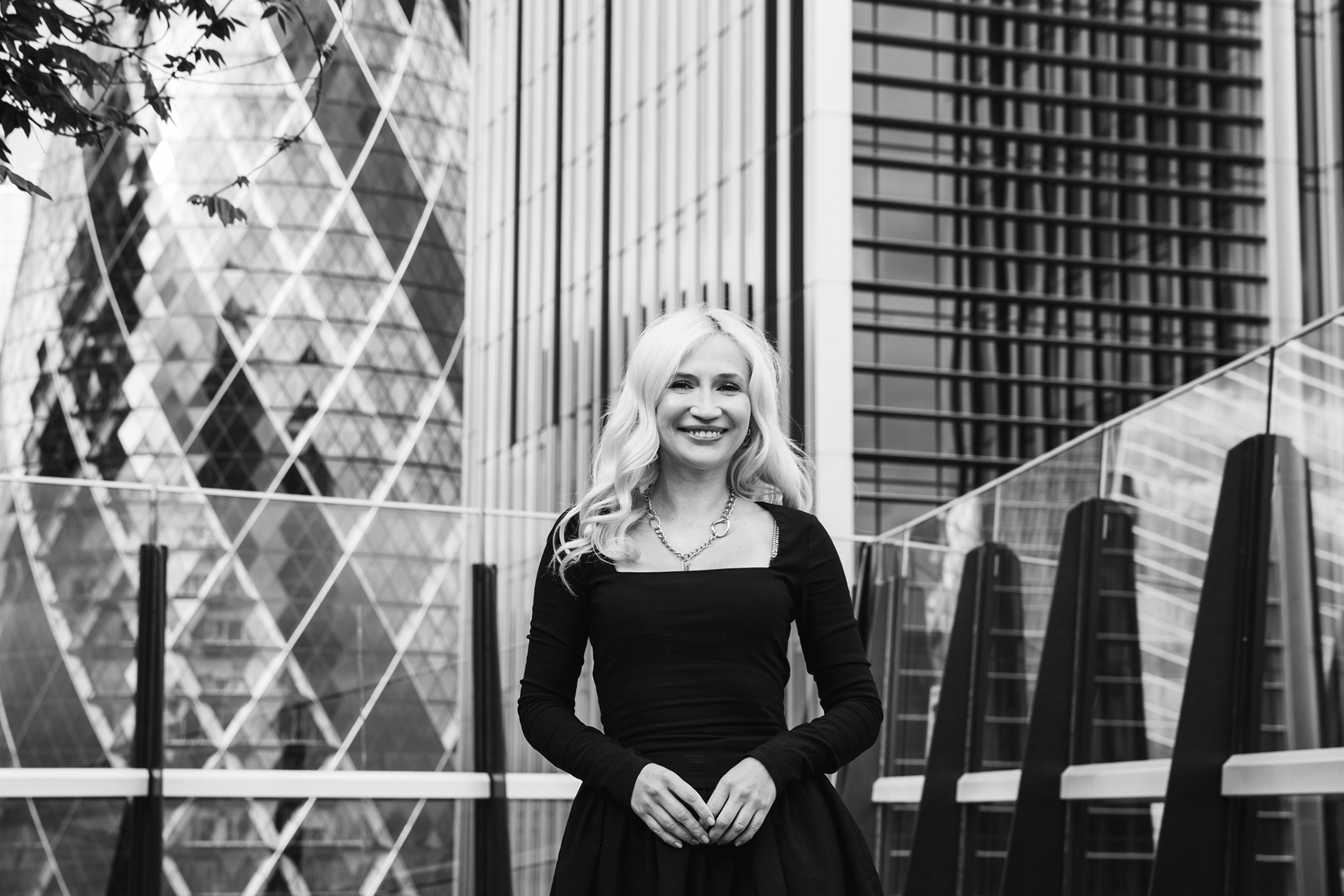
These chestnut trees became the first point of support. The second, and most important, was the people. Her host family, a retired British couple, began to slowly heal the trauma of mistrust in the world with their tact and sincere support.
“I was pleasantly surprised that, in all this time, the British people never said a bad word, never made a single reproach. I'm sure I did things wrong, but they never once showed it. And I learned this from them. We had a very warm, friendly relationship. I felt like part of their family.”
For someone who had lost her home and felt vulnerable, this atmosphere of unconditional acceptance was not just a comfort. It was therapy. It was the restoration of the fundamental sense of security that the war had destroyed.
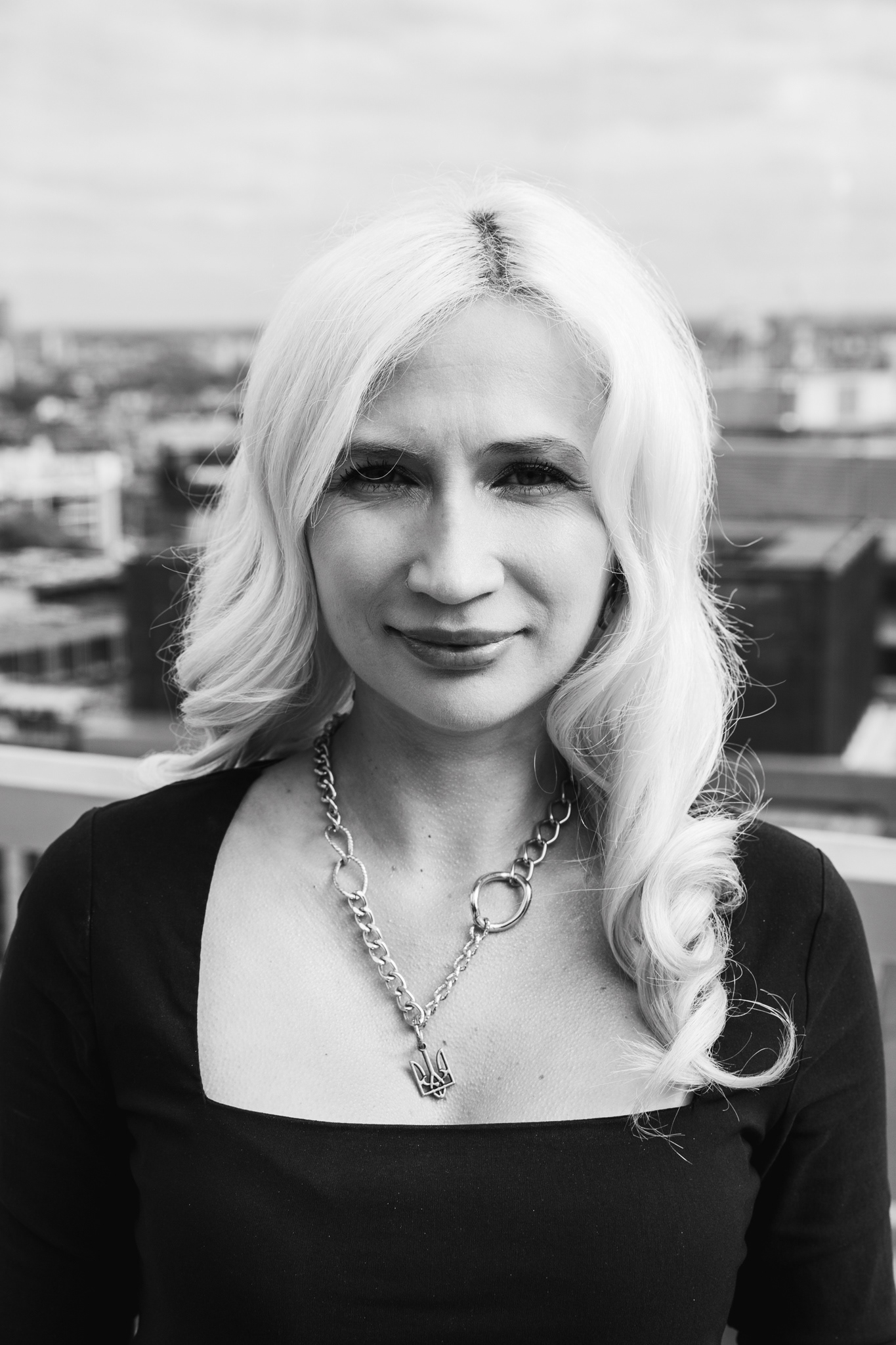
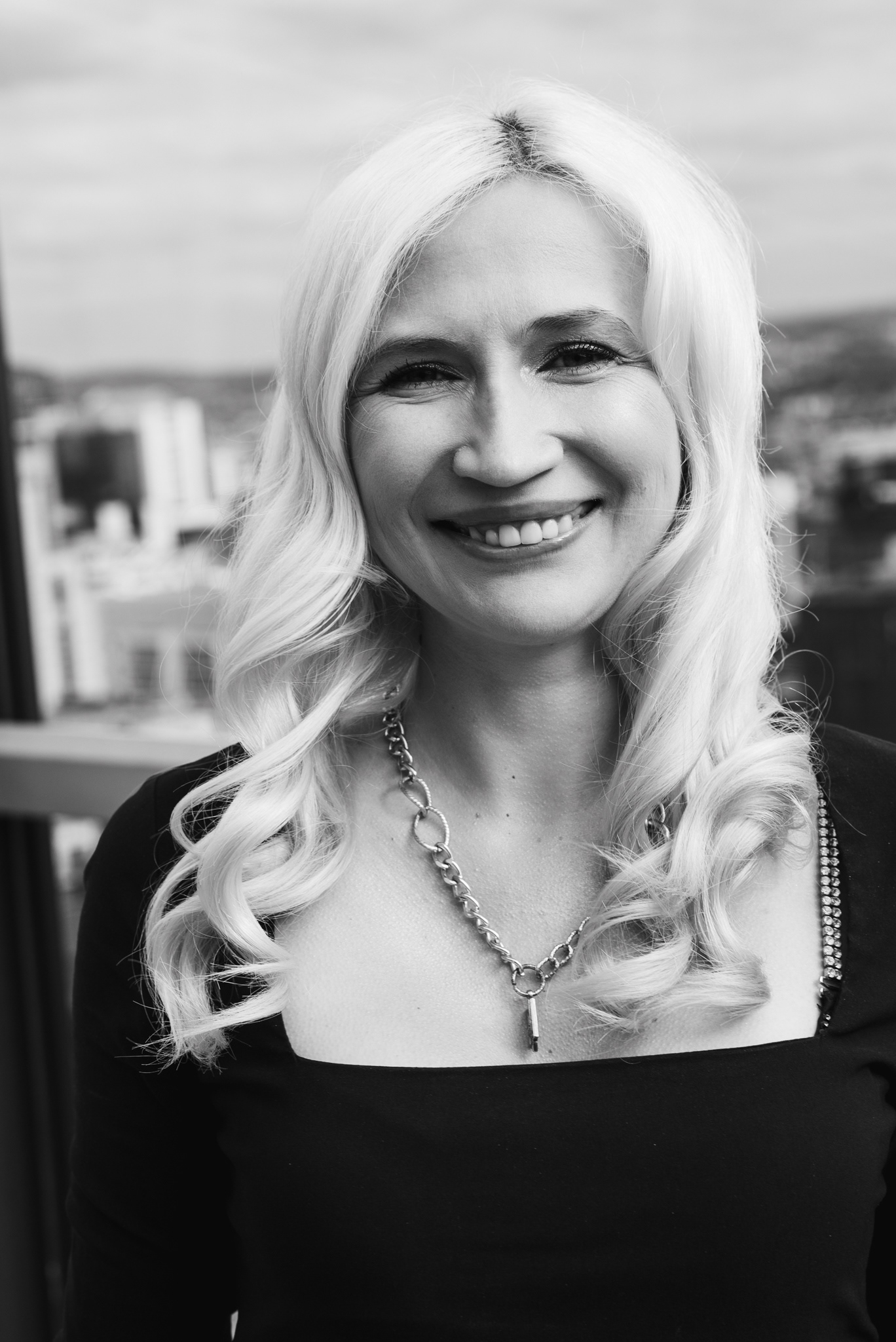
Behind the Mask of Normality
Two months later, Vita found a job as a marketer in a large IT company. It was a victory, but it opened a new front in her struggle – an internal one. Working in a British corporate culture demanded not only professionalism but also colossal emotional labour.
“In Ukraine, we are more direct. We can speak plainly. But in Britain, everything is a bit different. You have to think a lot before saying anything, try to soften any problems as much as possible, and express your thoughts much more positively.”
This need to constantly filter her words and emotions became a daily trial. But the hardest part was living in two parallel realities. In one: news of shelling, destroyed lives, constant anxiety for her loved ones. In the other: corporate meetings where she had to radiate positivity and enthusiasm.
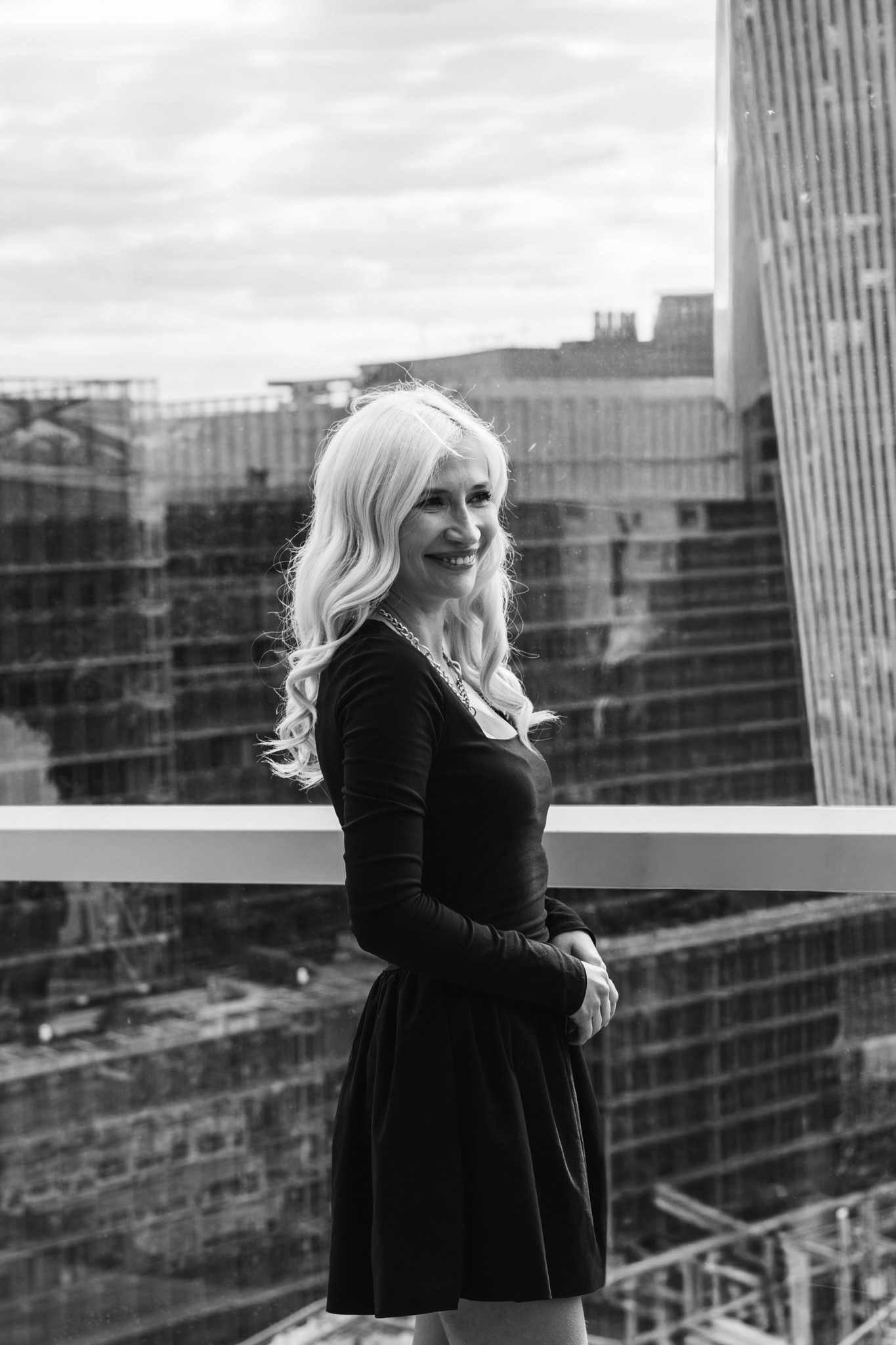
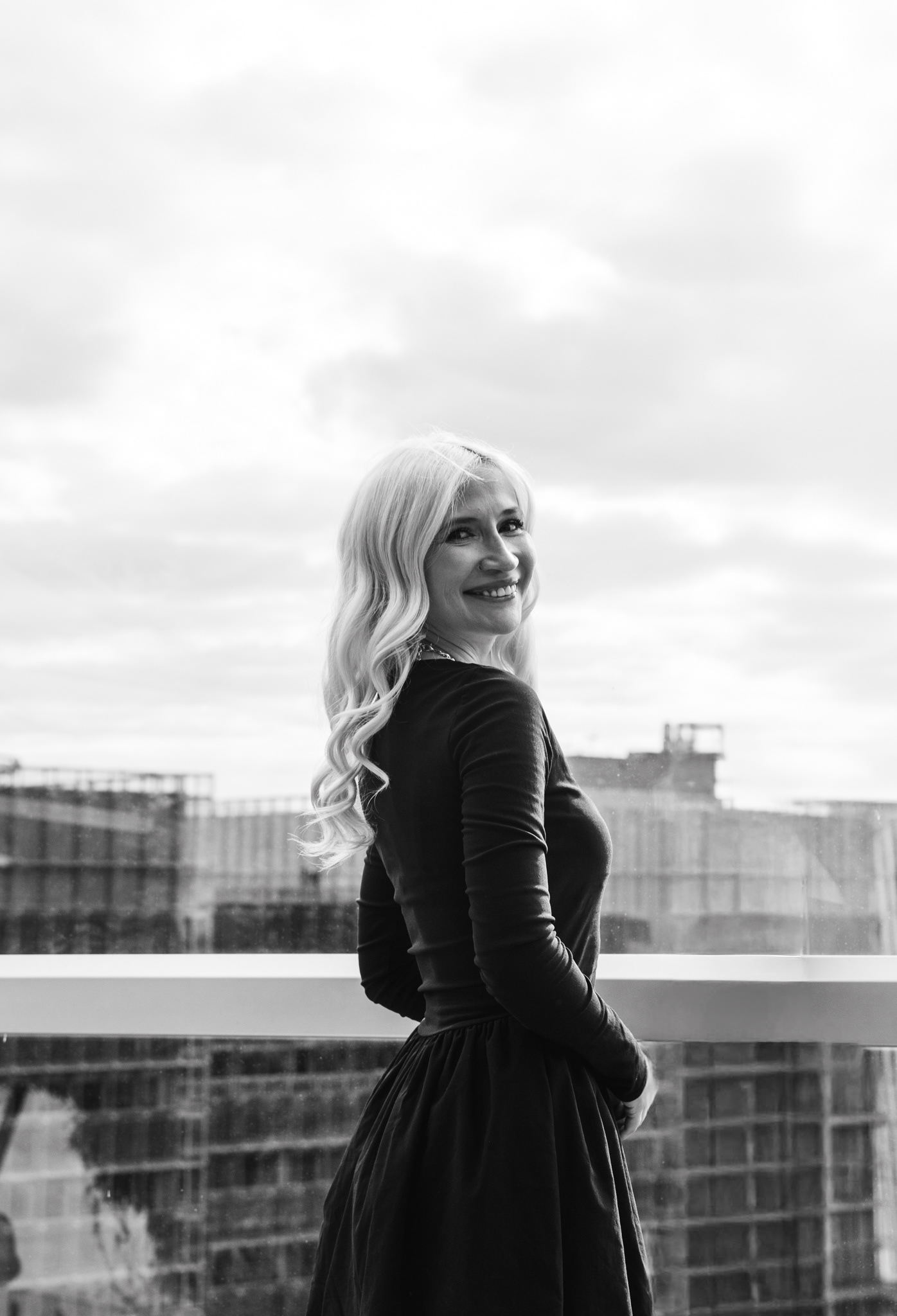
“It was incredibly difficult,” Vita admits. “I would read horrific news in the morning, and then I had to join an online call with colleagues. I understood they didn't need this news. Although they asked how things were in Ukraine, in Britain, you can't just dump all your problems on people. I tried not to raise difficult topics.”
She describes this state of constant self-control with one apt image: “I was like a taut string the entire time.” This was not just a metaphor. It was a physically palpable state of chronic stress, where any sharp noise or unexpected news could cause that string to snap. It was the profound loneliness of a person experiencing trauma whilst in an environment that could not fully comprehend it.
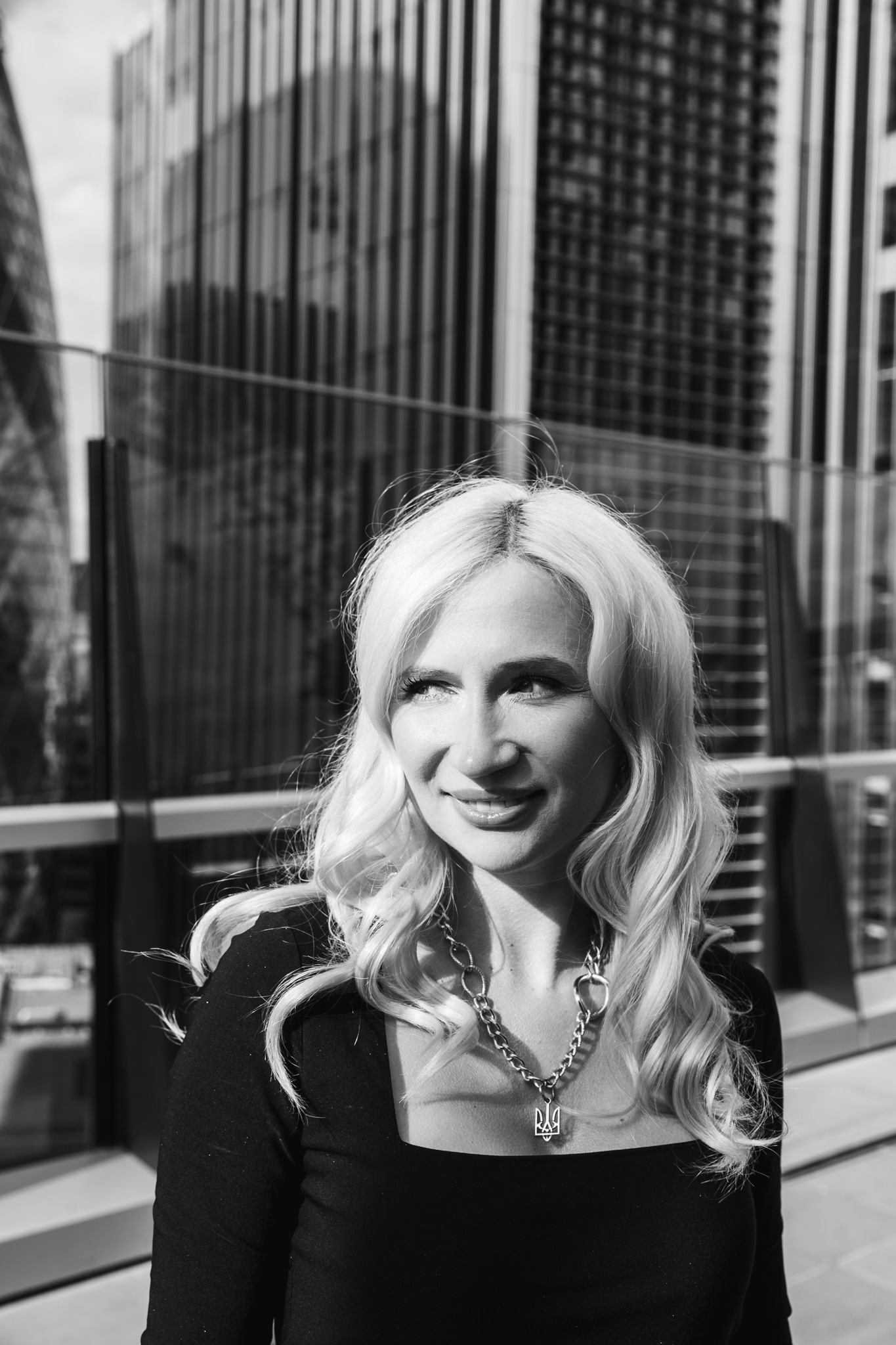
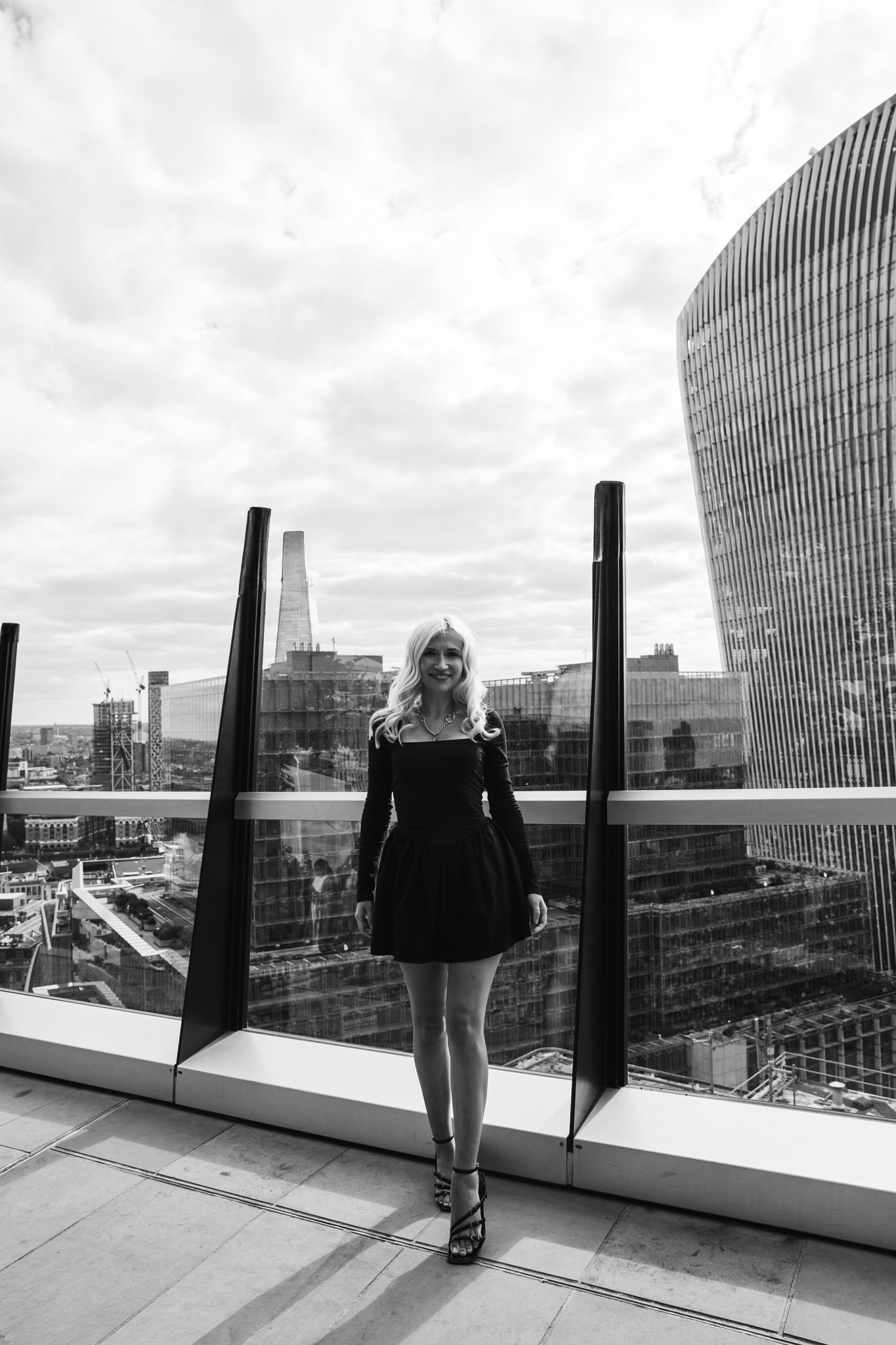
Reclaiming Control
Seven months in the corporation provided invaluable experience, but working within the system was draining. The internal need to create, not just execute, grew stronger. The turning point was a course for Ukrainian entrepreneurs at University College London. It was a chance not just to return to her beloved work, but to redefine herself.
“I always felt I had an entrepreneurial streak, so I joined this course. It was a real turning point in my life in Britain. I gained much more than knowledge – I gained friends, like-minded people, a new vision of myself.”
Winning the "Best Startup Idea" award was powerful validation for her: she had not lost her professional identity. She was still the same strong, creative specialist she had been in Kyiv. This validation gave her the strength to take the next step – to relaunch her own marketing agency, StarCreative, in the British market. She also founded an EdTech startup – an online marketplace for knowledge, Learn with Mentor.
It was an act of reclaiming control over her life. Vita began to network actively, attend events, and pursue collaborations. “You mustn't be afraid to approach not just Ukrainians, but also British people, to gain access to their market,” she says. Every new client, every successful project, was not just a business achievement, but a step towards rebuilding her self-esteem and confidence.
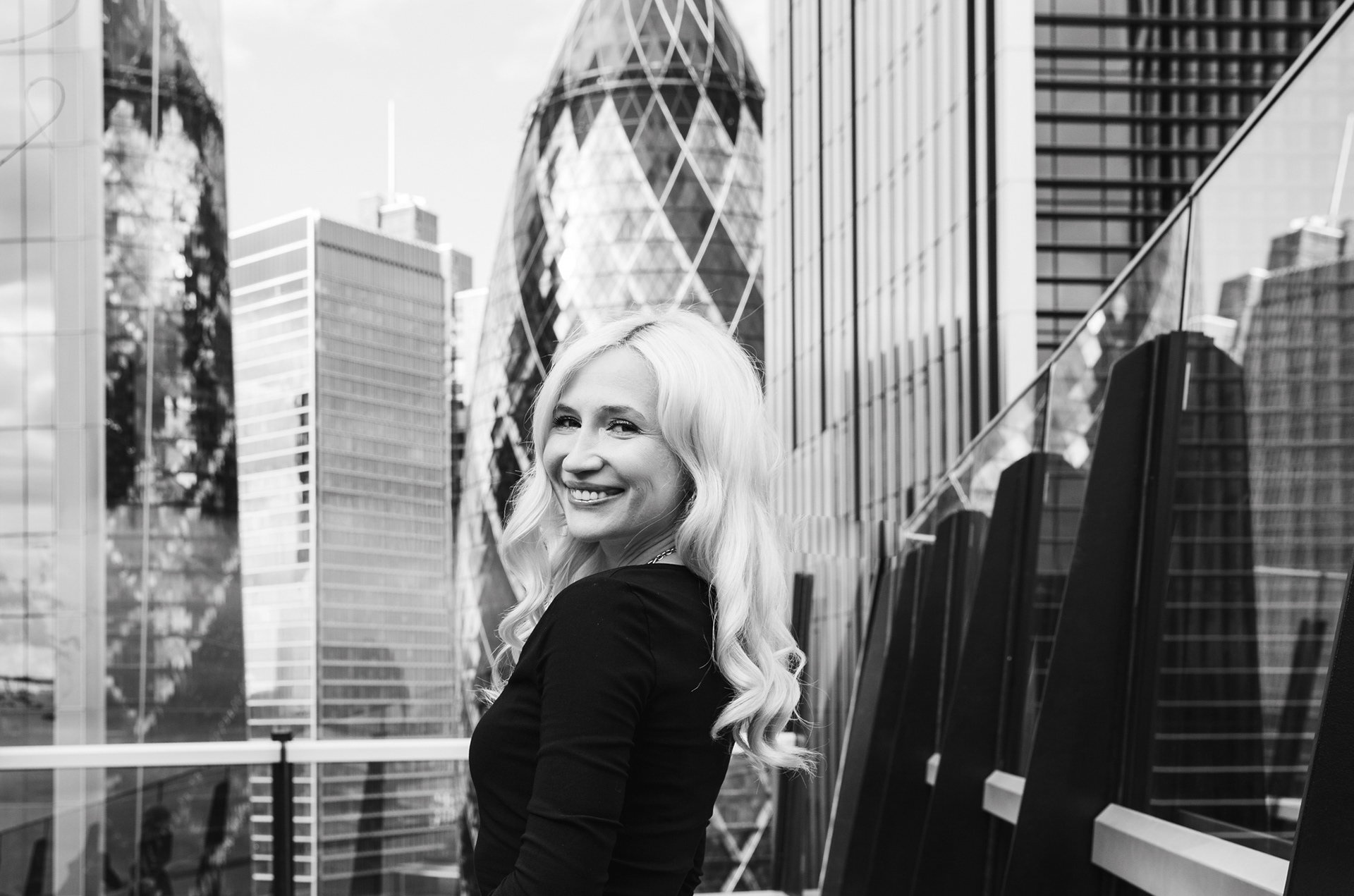
The Home You Build Yourself
The most important transformation occurred not in her career, but in her worldview. It was a long, gradual process of accepting a new reality. A process of turning a temporary shelter into something more.
“That moment happened recently, when I finally came to the thought that this is my second home. And then it became easier for me,” she shares. This was not a sudden epiphany, but the result of long internal work. “At first, I held on to the thought for a long time that I was a foreigner here, that I was still Ukrainian, and everything here was different. But now, I have accepted this culture; I like it here. I have friends here, I have opportunities.”
This acceptance does not mean forgetting or betraying her roots. On the contrary, it is an expansion of her own identity. Vita sees herself as a bridge between two cultures, two countries that have become dear to her.
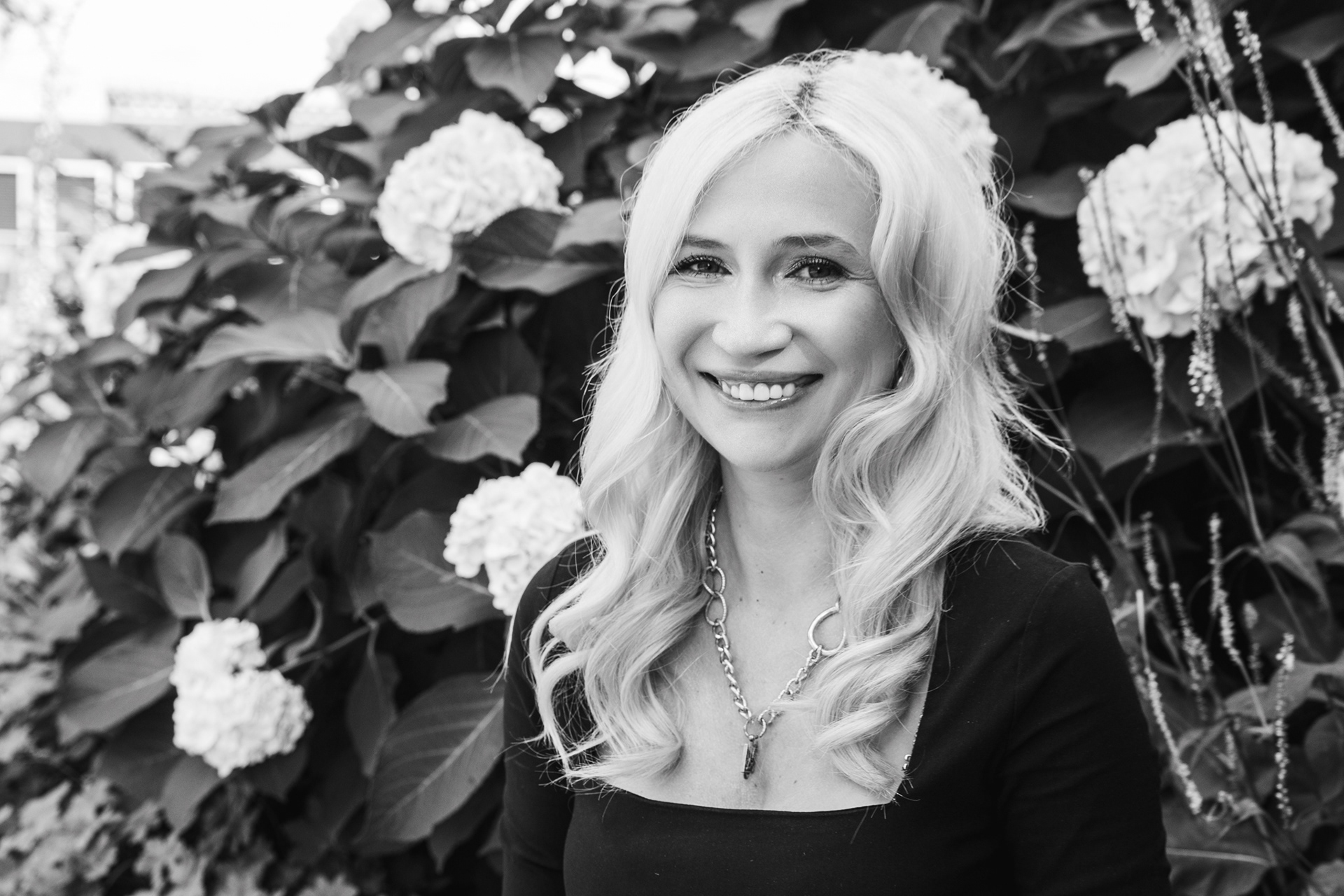
“I would like to be a bridge between the Ukrainian and British markets. This really appeals to me. I know that many British people want to help in the reconstruction of Ukraine, and I would be glad to join these projects.”
Vita Shafinska's story is a testament to the fact that true strength is shown not in the absence of falls, but in the ability to get up every time. It is an architecture of resilience that she has built with her own hands, turning pain into experience, fear into motivation, and uncertainty into freedom.
“I believe you have to use all the opportunities you have,” she says in closing. “Not to fall into depression, not to close yourself off, but to use this time for development.”
